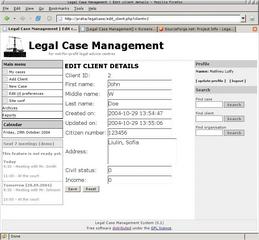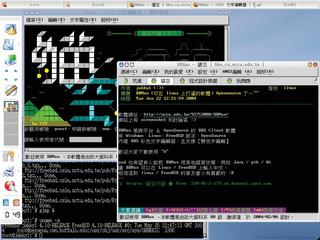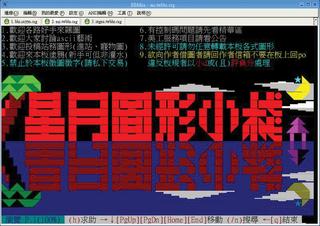Although large businesses are boldly embracing Linux and Open Source software as a means of cutting costs, the vast number of small companies and NGOs will be the real battle ground, since they often lack dedicated IT personnel and their needs vary widely. With their limited financial resources they lack the power to negotiate customization with software vendors.
To address part of this problem the Internet Rights Bulgaria Foundation is developing LegalCase - a user-friendly administrative solution for NGO legal aid centers which is easy to use and install. The GPLed project is sponsored by the Information Program of the Open Society Institute, a part of the Soros Foundation Network.
The software is written in PHP and thus web-based. It can be installed and used on a single computer or shared across a network. LegalCase stores cases and follow-up information in a MySQL database, and produces reports and statistical information. The software encourages and facilitates collaboration on common activities. It also provides help with creating structured archives, much needed at small organizations where qualified IT personnel is rare.
Among the main benefits of the system are quick queries on client background and case evolution, resource tracking and reports such as: activity overview for each staff member, statistical information on cases or clients and on usage of the organization's resources; this facilitates expenditure reports and budgeting.
The Balkans are an area where many languages are spoken, hence the software comes with an easy to use integrated translation interface.
So far the project has already produced its first public release with a final version expected in May 2005. The developers have plans to install it at the Bulgarian Public Defender's office. With the help of InterSpace, a Bulgarian technology/media organization, they hope to integrate it into local Linux distributions and to provide on-site training and installation services.
http://sourceforge.net/projects/legalcase
http://www.lcm.ngo-bg.org/public/



